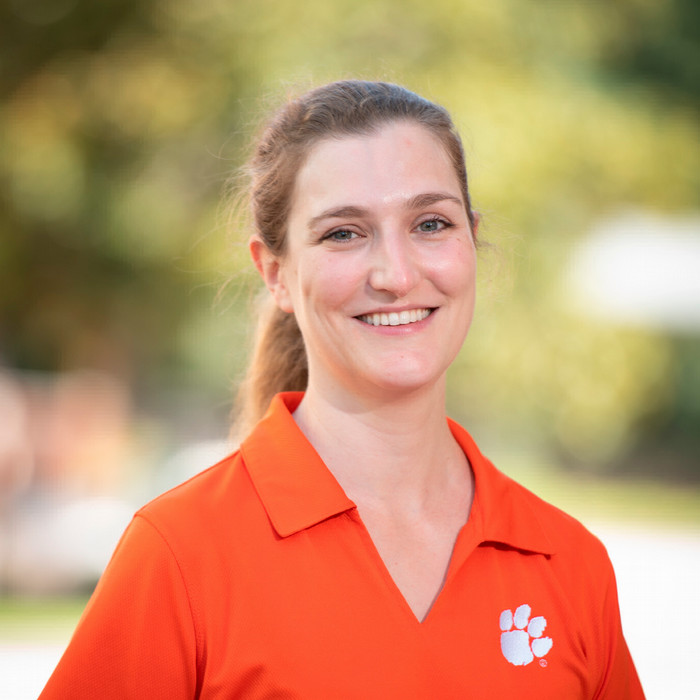

 Dear Alumni, Colleagues and Friends,
Dear Alumni, Colleagues and Friends,
Welcome to Clemson’s Department of Bioengineering, which possesses a rich tradition of international outreach. In 1969, Clemson hosted the first in a series of annual symposia (later known as the Annual International Biomaterials Symposium) that led to the founding of the Society For Biomaterials (SFB) in 1974. Now the world’s premier professional society in the promotion of advances in all phases of materials research and development, the SFB encourages cooperative educational programs, clinical applications and professional standards in the biomaterials field.
Pioneering biomaterials work conducted by Clemson faculty has led to the discovery of medical devices that have revolutionized health care. Through the years, Clemson has sustained its international reputation as a landmark in the field of biomaterials. Annually, the SFB recognizes three outstanding researchers in the field through its Clemson Award for Contributions to the Literature, Clemson Award for Basic Research and Clemson Award for Applied Research.
In February 2008, at Clemson’s Conference Center and Inn, SFB founders and past presidents gathered for the Society For Biomaterials History Summit. Chairing the summit was Samuel F. Hulbert, president-emeritus of Rose-Hulman Institute of Technology, founder and past-president of the SFB and founder of the Department of Bioengineering at Clemson University.
The group commemorated the equity volunteered by the society’s founders and the dividends that have benefited so many and have marked the field of medical devices since the late ’60s. One outcome of the summit will be the publication of a monograph on the society’s rich historical background, which is to be shared and built upon. The narrative will include text and photographs from the C. William Hall Biomaterials Documentation Center in Clemson’s Rhodes Research Center.
One aspect of Clemson’s internationalism in biomaterials research is its new bioengineering summer abroad program, which is aimed at enhancing students’ global awareness of healthcare and medical device regulation. To consolidate activities, the department established an Office of International Programs headed by John DesJardins.
The department’s mission is to educate and prepare students for professional careers in bioengineering for global competitiveness and to develop and disseminate bioengineering knowledge through research and engagement in economic development to advance health innovation and biotechnology in alignment with Clemson’s land-grant mission.
Our vision is to be a globally renowned department of bioengineering. Clemson Bioengineering contributes to Clemson University’s overall mission and its strategic initiatives by working toward meeting five specific strategic goals: